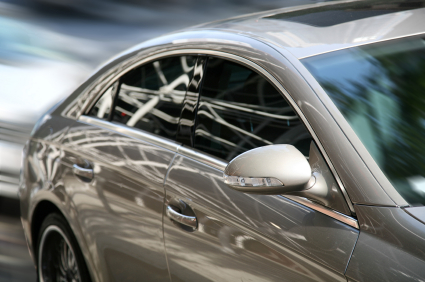
Having a company car is a valuable benefit for some employees yet the substantial monthly payments to HMRC for company car tax can significantly diminish its appeal.
The heavy company car tax bill on many cars can make you question whether having a car benefit is worth it financially.
If you’ve had a company car for a while and are unsure of the value of the benefit for tax purposes you can find it on your P11D form (given to you by your employer) or you can ask your payroll department.
The benefit in kind value of a company car is a key figure in working out how much tax you will be charged by HMRC for having a vehicle as a company benefit.
Fortunately there are some ways to reduce your benefit in kind (BIK) tax liability which are worth considering when choosing your next company car.
Electric vehicles and car tax
HMRC has been leveraging company car tax to promote vehicles with low CO2 emissions. Among these electric cars stand out as the most eco friendly option.
Until April 2025, electric cars (with a CO2 rating of 0g/km) are taxed at a mere 2% of their P11D value. From April 2025 the BIK rate is expected to increase by 1% every year until 2028 making it less attractive.
In contrast, even the most fuel efficient petrol and diesel vehicles are subject to a starting tax rate of 25%. This difference can typically cut your company car tax bill by up to 90%.
Consider a hybrid as a company car
If you are not entirely ready to abandon a petrol or diesel engine plug-in hybrids are also highly incentivised by BIK rates, particularly those with extended electric-only ranges – which can help balance their typically higher initial costs.
Company car options and tax
Before getting enthusiastic about adding options, it’s prudent to verify that the larger wheels or panoramic sunroof you’ve chosen don’t elevate the car into a higher tax bracket.
It’s worth taking into account variations between trim levels and the impact of optional equipment on efficiency.
These additions can become costly extras over the period of your company car benefit which can be avoided by making less expensive choices.
Tax efficient commercial vehicles
Commercial vehicles that weigh under 3500kg and boast a payload capacity of 1000kg can offer a cost-effective option in terms of benefit-in-kind taxation.
Rather than being taxed based on a CO2-weighted percentage of their list price, these vehicles incur a standard tax charge set at £3960 until the end of the 2025/26 tax year (5 April 2026).
Vehicles that do not meet the 1000kg payload threshold are classified as cars and are therefore taxed based on their emissions.
There’s even more advantageous news for electric commercial vehicles, which are levied with a standard tax charge of £0.
Use a company van
This probably won’t be possible for most company car users but using a company van instead of a company car can be a tax saving option.
Currently the benefit-in-kind rate for a company van over a full tax year is £3600 which could be considerably less in value than a company car.
If the van is not zero-rated, this fixed rate applies universally to all company vans without exceptions.
Could a company pool car work instead?
A pool car is supplied by your employer for business related journeys that you and your colleagues undertake.
The big difference when choosing to use a company pool car is that it’s strictly off-limits for personal use or commuting. Typically a pool car will be kept at the company’s premises overnight.
As a result, HMRC does not classify a pool car as a taxable benefit, which means you do not incur any BIK tax.
Using a company pool car will mean you will need to find your own way to commute to and from work which means it’s not ideal for everyone, but if it suits your situation, you could save a substantial amount of money by foregoing a personal vehicle and only hiring one when necessary.








